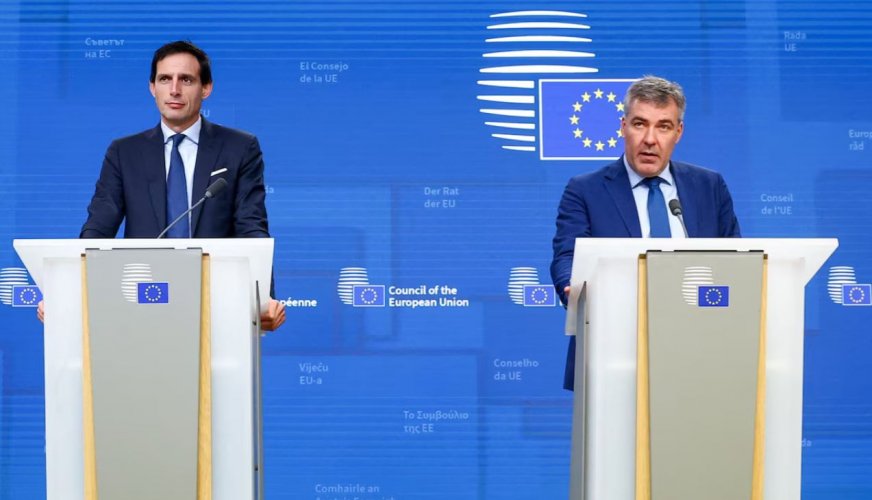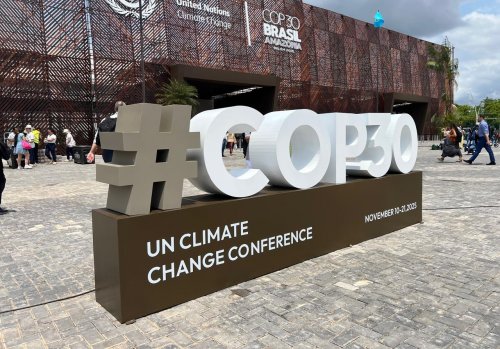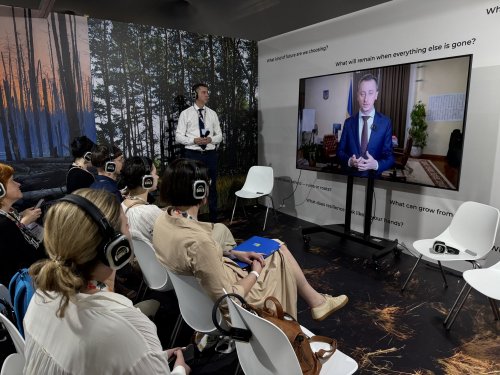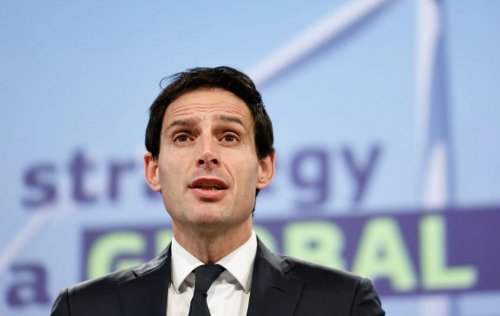After 18 hours of negotiations, EU environment ministers finally reached a compromise on a common climate goal. They plan to reduce emissions by 90% by 2040 compared to 1990 levels.
However, according to Reuters, the terms of the agreement had to be watered down under pressure from certain countries.
Forced concessions
For the first time, international CO2 quotas were included in the climate target. This means that EU members are allowed to use carbon credits from developing countries. The volume is up to 5%, which means that the reduction in emissions in Europe itself may be weakened to 85% instead of the specified 90%.
Other concessions include postponing the launch of the EU carbon market until 2028.
“We have worked to ensure comfort that can be achieved in a way that preserves competitiveness, social balance, and security,” the publication quotes Denmark’s Climate Minister Lars Aagaard.
Other priorities
A number of countries opposed the 2040 climate target, including Poland, Italy, and the Czech Republic. They argue primarily that national economies must remain stable. Government representatives noted that their manufacturers must withstand competition from Chinese imports, White House tariffs, and high energy prices.
As Reuters points out, the EU's climate ambitions are met with scepticism by some countries that also have to consider economic and defence priorities.
Earlier, EcoPolitics wrote that the US would not send high-ranking officials to COP30, and China was not doing enough to contribute to global environmental efforts. Therefore, Europe's role in combating climate change remains crucial.




